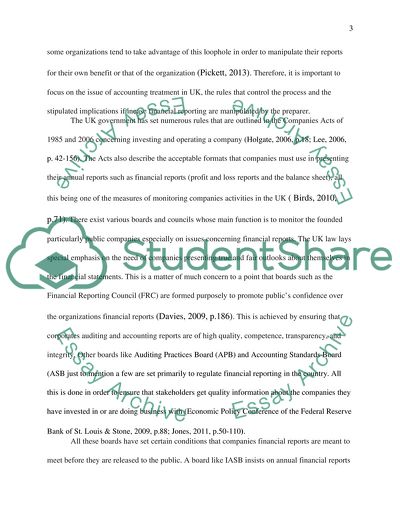Cite this document
(Flexibility In UK Accounting Reporting Essay Example | Topics and Well Written Essays - 2250 words, n.d.)
Flexibility In UK Accounting Reporting Essay Example | Topics and Well Written Essays - 2250 words. https://studentshare.org/finance-accounting/1815615-flexibility-in-uk-accounting-reporting
Flexibility In UK Accounting Reporting Essay Example | Topics and Well Written Essays - 2250 words. https://studentshare.org/finance-accounting/1815615-flexibility-in-uk-accounting-reporting
(Flexibility In UK Accounting Reporting Essay Example | Topics and Well Written Essays - 2250 Words)
Flexibility In UK Accounting Reporting Essay Example | Topics and Well Written Essays - 2250 Words. https://studentshare.org/finance-accounting/1815615-flexibility-in-uk-accounting-reporting.
Flexibility In UK Accounting Reporting Essay Example | Topics and Well Written Essays - 2250 Words. https://studentshare.org/finance-accounting/1815615-flexibility-in-uk-accounting-reporting.
“Flexibility In UK Accounting Reporting Essay Example | Topics and Well Written Essays - 2250 Words”. https://studentshare.org/finance-accounting/1815615-flexibility-in-uk-accounting-reporting.


